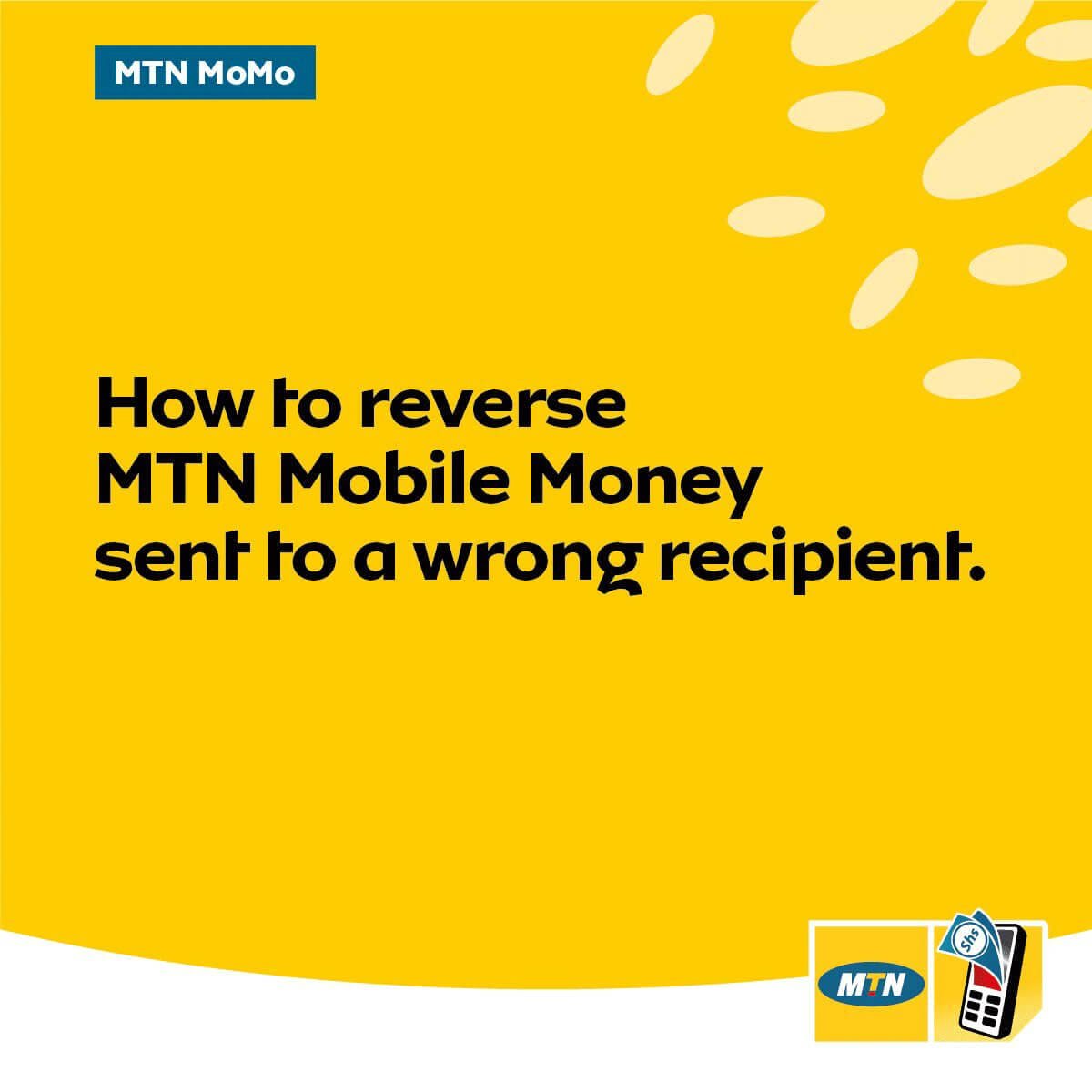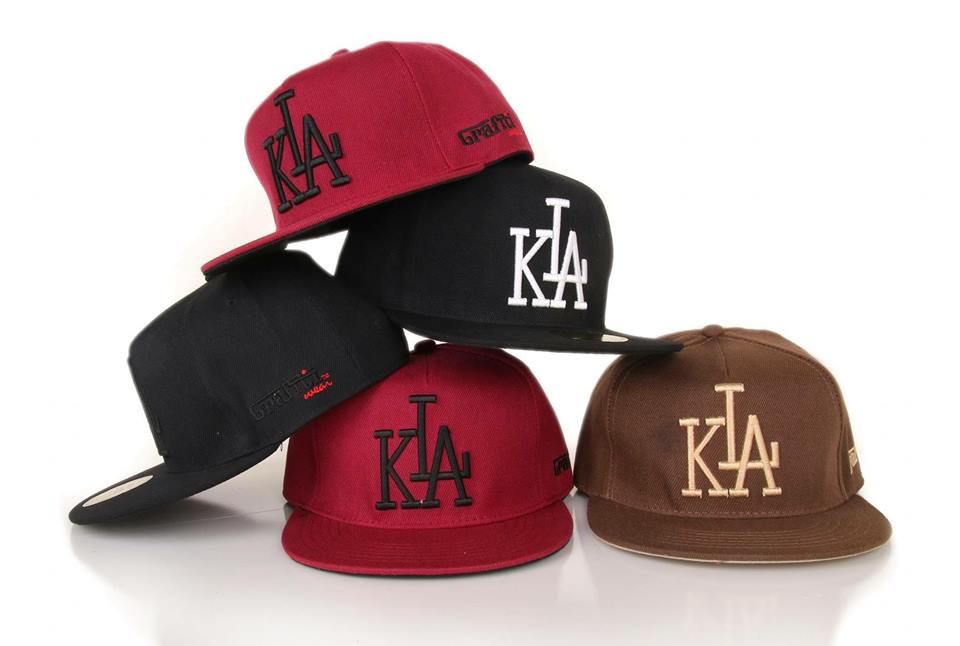Latest News
-
Trending
- Phones and Gadgets
- Tips
- Education
- Music
The US entertainer will host this year’s ceremony in Los Angeles, with Nigeria’s Ayra Starr and Tems among African acts up for major awards.
This year’s BET Awards highlight a growing global shift, with African acts earning recognition in both breakthrough and established artist categories.
Uganda’s First Insurance Company has changed its name to Mirai General Insurance following a takeover by Singapore-based Pride Global.
The 26-year-old has announced he will depart Anfield when his contract expires,…




Shazam’s latest charts offer a daily look at the songs climbing fastest…
The Afrobeat star, known for hits like Believe and Tabbu, is set…
Privah, known for her radio work on Capital FM, has joined NTV…
Six years after their breakout track Tubikole, the Ugandan duo return with…
The former BBS and Galaxy FM star will partner with veteran broadcaster…
The media personalities were seen sharing a light moment at The Fem…
The film follows a university student-turned-TikToker who finds himself entangled in a…
Africa’s ‘Queen of Comedy’ will take centre stage on 9 May for…

Confirmed
0
Death
0
Six years after their breakout track Tubikole, the Ugandan duo return with Nyam Nyam—a colourful, club-ready anthem that blends street energy with mainstream polish.
The Ugandan artist says she will take action after doctored photos of her surfaced on social media, accusing a blogger of targeting her brand.





Sign in to your account